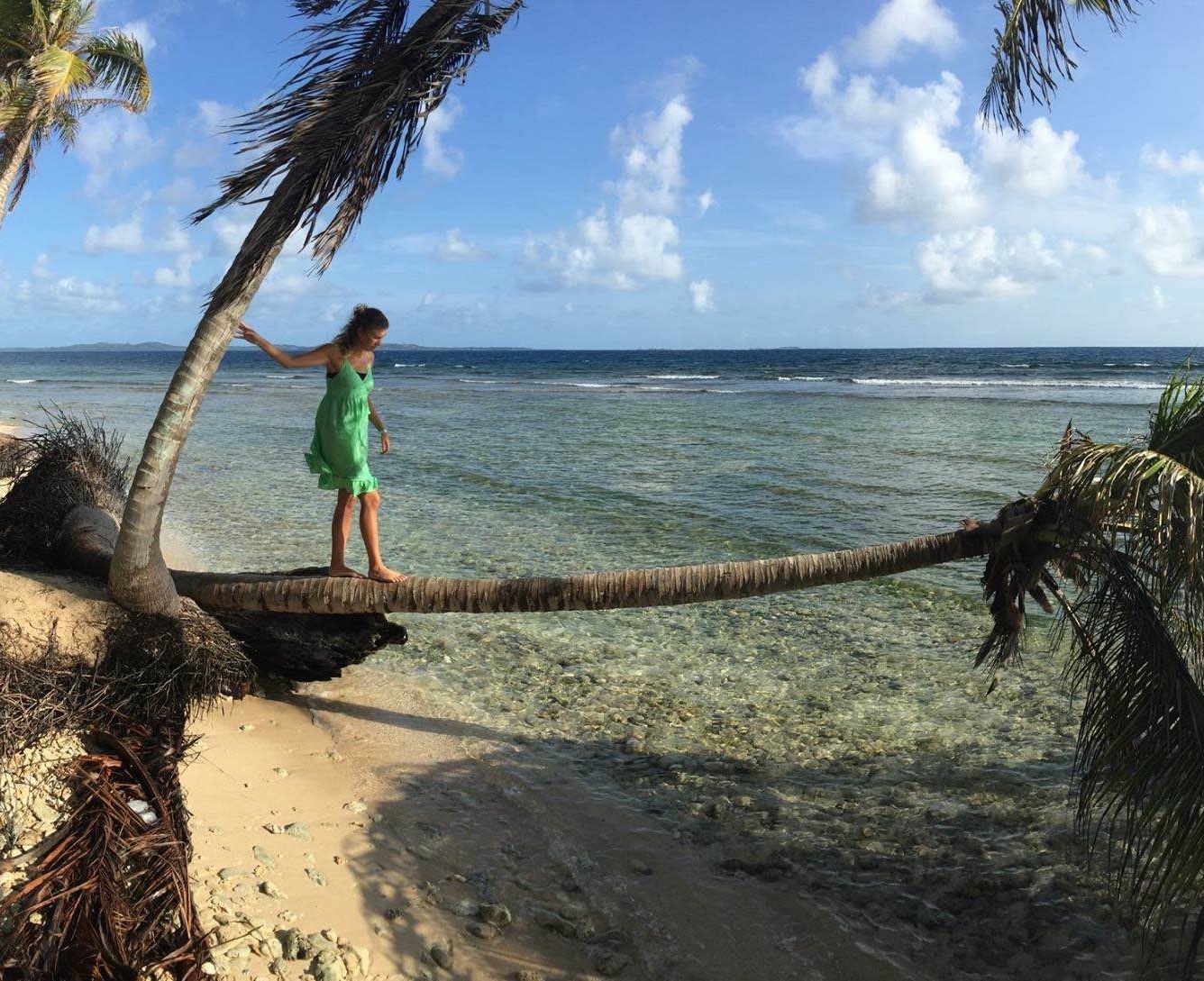It’s been five years since I left home and my conventional life. My routine and lifestyle today looks completely different from what it was back home in Germany. My main mission in all these years was to be close to the ocean, as I love beaches and being in the water. In the context of […]

